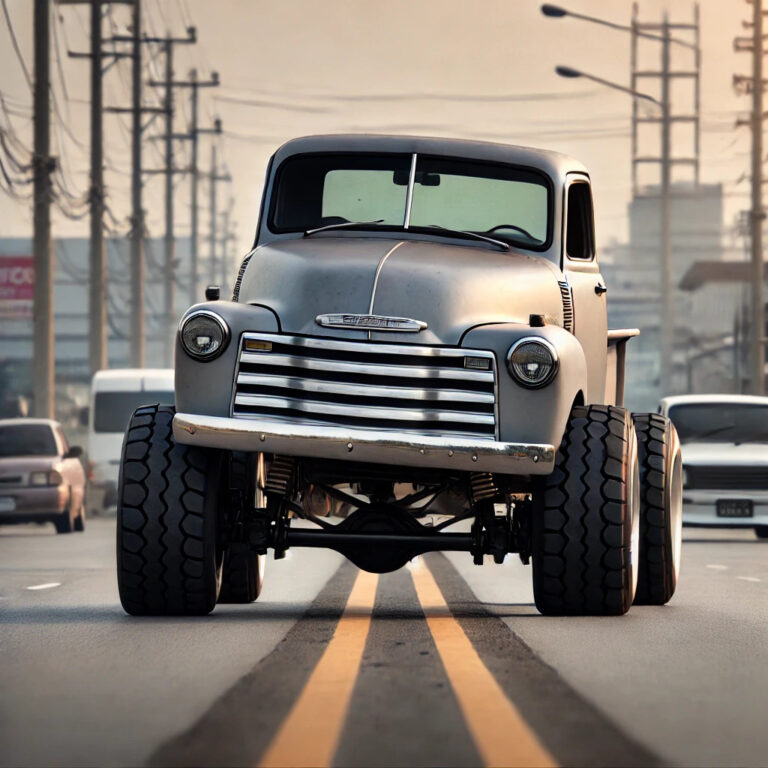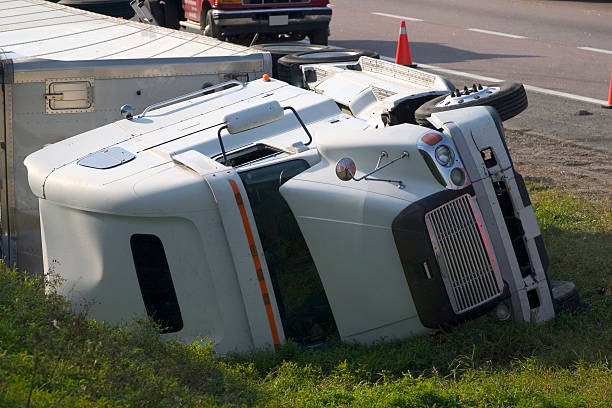Lawyer or attorneys practice in a variety of fields, including family law, commercial law, personal injury, criminal defense, and others.

The Carolina Squat, also known as the “squat law truck,” has gained attention and controversy. In recent years, the Carolina Squat has gained significant attention in the automotive community. This controversial modification involves raising the front of a truck while keeping the rear lowered, resulting in an aggressive, tilted stance.
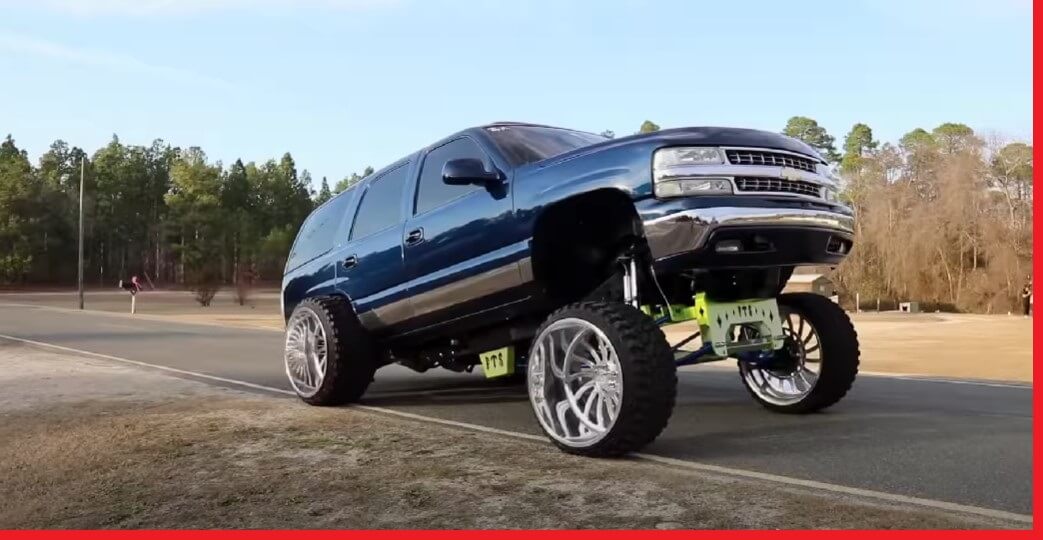
To address concerns regarding safety and proper vehicle regulations, several states, including North and South Carolina, have enacted laws specifically targeting the Carolina Squat. This article aims to provide an in-depth understanding of the Carolina Squat law and what a squatted truck is, exploring its purpose, implementation, impact, and the ongoing debate surrounding this trend.
what is a Carolina squat truck?
What’s a squatted truck The “Carolina Squat” is a trend where truck owners modify the suspension of their vehicle, so the front is pointing towards the sky and the rear end is pointing downward.
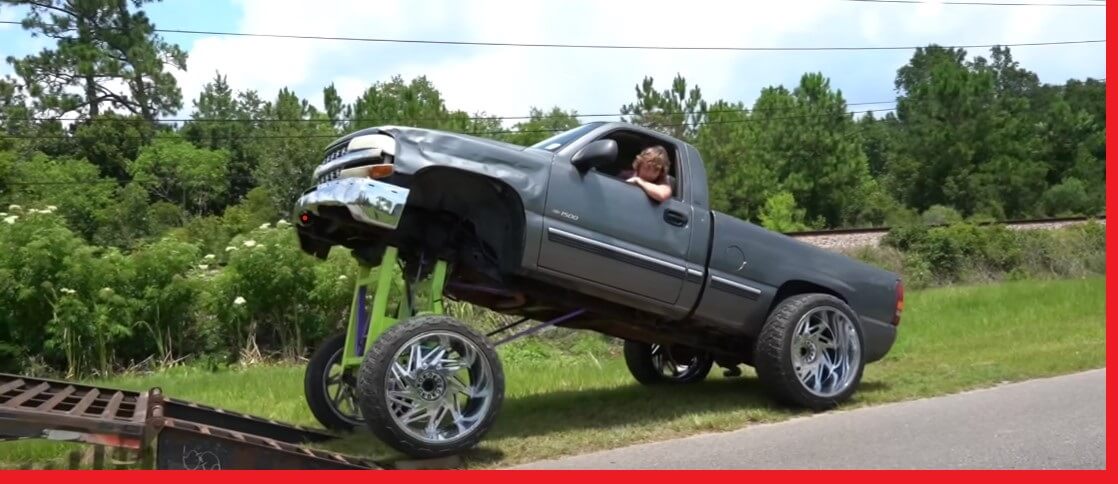
It is typical to see pickup trucks and SUVs with this modification. It will produce a significant rake if they raise the front of their trucks while simultaneously lowering the back. They might even attempt to mount the largest wheels and tires on their car to increase the squatting effect.
It should go without saying that this tendency does little for car practicality and instead has a lot of drawbacks. The Carolina Squat significantly reduces visibility over the hood and renders trucks practically worthless for hauling any freight.
Where did squatted trucks originate?
The ‘Carolina Squat’ trend, named after the states of North and South Carolina, originated in the California Baja Racing scene. This craze began when truck owners in Los Angeles, aiming to enhance their performance in desert racing, started altering their vehicle suspensions in the 1990s.
This modification involved lifting the front end of their trucks upwards while lowering the rear end, mimicking the look of vehicles navigating rugged terrain. However, this design also had drawbacks, as it reduced driver visibility, raising safety concerns.
Squatted trucks not only pose risks to their drivers but also to other motorists and pedestrians alike. The trend gained nationwide popularity as thousands of drivers shared pictures of their squat cars on Instagram.
what states banned squatted trucks
The “Carolina Squat” trend, where truck owners modify the suspension of their vehicle, so the front is pointing towards the sky and the rear end is pointing downward, has been banned in North Carolina, South Carolina, and Virginia. The law in South Carolina will take effect from July 1, 2023, and violators could face penalties of between $100 and $300 and could have their licenses suspended for chronic offenses.
The trend was banned due to safety concerns. A Change.org petition urging North Carolina Gov. Roy Cooper to outlaw squatting trucks in 2020 cited safety issues as justification. Following a study of the petition, Cooper enacted new rules that forbade changes that raised or lowered the tailgate over predetermined heights.
In response to the governor’s choice, Virginia approved laws in March 2022 making excessively squat trucks unlawful. The elevated hood reduced the driver’s visibility, making the modification unsafe. Trucks that are squatted pose a risk to their drivers, other drivers, and pedestrians.
Read More – What Happens When a Truck Driver Has an Accident
Squat Law Truck Regulations: What You Need to Know

Carolina squat law: In December 2021, North Carolina took a decisive step in response to public concerns by passing legislation to outlaw squatted trucks. The decision followed a petition that garnered the support of over 72,000 residents.
According to this law, private passenger automobiles are not allowed to be modified to elevate the front end more than 3 inches beyond the manufacturer’s specified height, nor can they be lowered by more than 2 inches from the manufacturer’s specified height in the rear.
Under this law, the penalties for offenders are clear. A first offense results in a $100 fine. However, for repeat offenders, the fine escalates to $300, and their driver’s license faces suspension for a year.
Meanwhile, in Virginia, Governor Glen Youngkin signed a similar bill into law. This move came in the wake of a tragic incident involving Jody “BJ” Upton Jr., a 27-year-old father from the Mecklenburg area who lost his life in a February 2022 crash involving another vehicle equipped with the Carolina Squat modification.
Are squatted trucks dangerous?
The drivers of squatting trucks, other drivers, and pedestrians can all be in danger. This alteration is hazardous because it tilts the front of the truck or car upward, making it difficult for drivers to see well in front of them while they drive.
Traffic collisions could happen as a result of this. Additionally, the truck’s front height affects how well the driver can see in front of him. Extreme changes might harm brakes and suspension systems, making a vehicle more difficult to control in adverse weather situations like heavy rain or snow.
Towing is also quite challenging because of the Carolina squat, especially on highways. According to Steinberg Law Firm, when a squat truck strikes the side of another vehicle, an upward force is produced, increasing the likelihood of rollover incidents.
The smashed car will submerge underneath the truck and collide with the low-reared component of the base frame, making head-on crashes with squat trucks even riskier.
Read More – what is the most common type of lift truck accident
how much does it cost to squat a truck
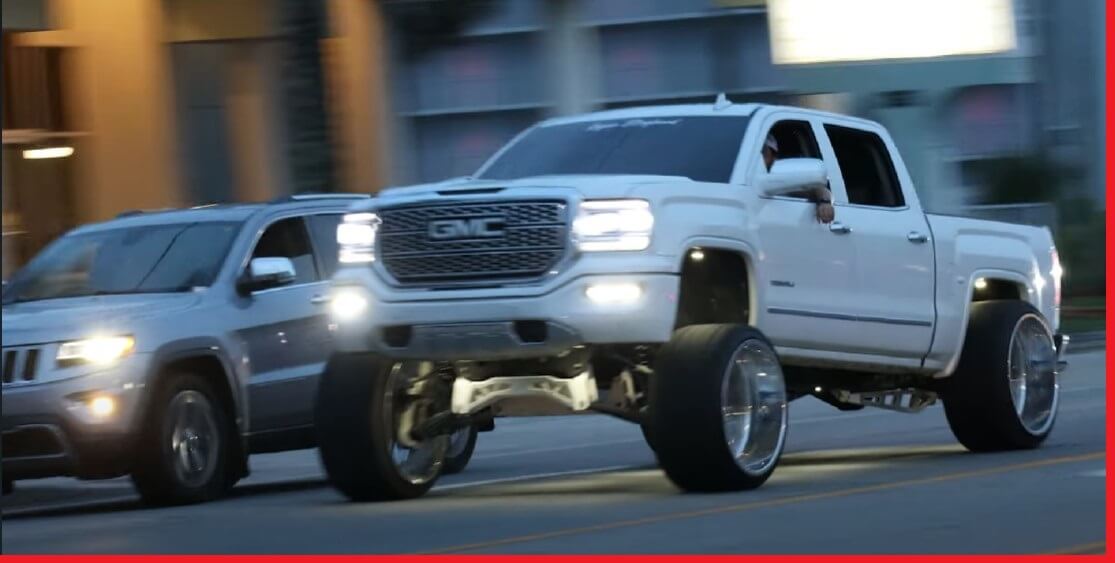
The cost of squatting a truck varies depending on the make and model of your truck, the squat kit you choose, and whether you perform the job yourself or have a professional do it. On average, you could spend anywhere between $250 and $10,000.
are squatted trucks illegal in Texas
there were no specific statewide laws in Texas that explicitly made squatted trucks illegal. However, it’s important to note that regulations regarding vehicle modifications can vary at the local level, and some municipalities in Texas may have their ordinances or restrictions related to squatted trucks or extreme vehicle modifications.
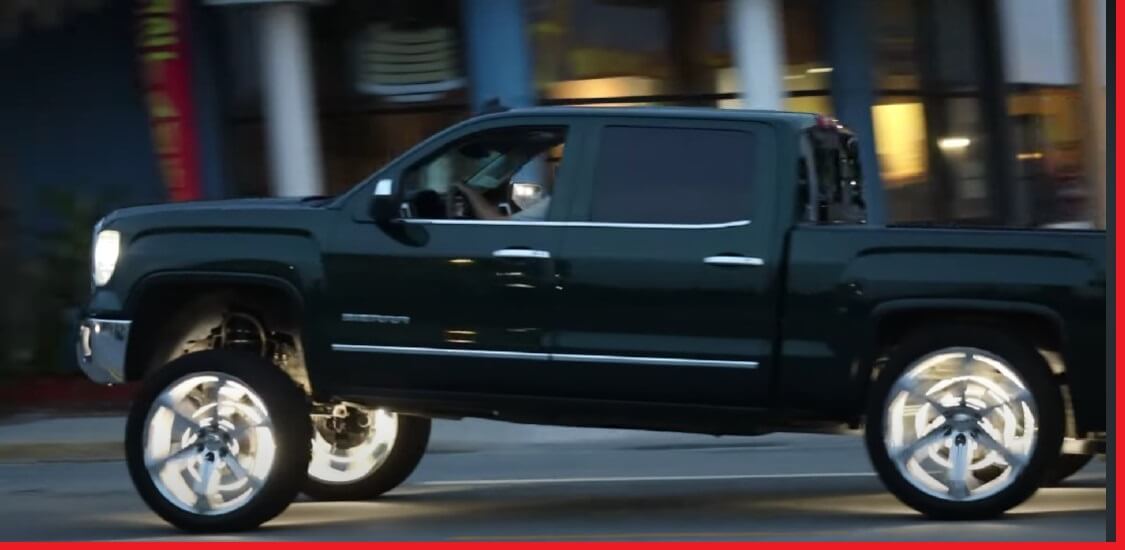
Laws and regulations can change over time, so I recommend checking with local authorities or the Texas Department of Motor Vehicles to get the most up-to-date information on whether there have been any changes in Texas regarding squatted trucks or vehicle modifications since my last update in 2021.
Conclusion
The Carolina Squat law reflects the ongoing efforts to regulate vehicle modifications and promote road safety. While some truck enthusiasts embrace the aggressive stance created by this trend, concerns regarding visibility, handling, and overall safety have prompted states to enact laws addressing the Carolina Squat.
By striking a balance between personal expression and roadworthiness, authorities aim to ensure the safety of all road users while allowing individuals to customize their vehicles within reasonable limits.
FAQs
Q1: Can you have a squatted truck in Florida?
In Florida, Volusia County has passed an ordinance that bans squatted trucks on beaches. The county council took up the issue in August 2023 at the request of Sheriff Mike Chitwood “to assist with safety on the beach,” according to the ordinance. The ban went into effect on Monday, August 14th, 2023.
Q2: are squatted trucks illegal
The legality of squatted trucks is a topic of debate. There is no federal law against squatting your pickup truck. However, North Carolina and Virginia have passed laws governing squatted trucks. North Carolina became the first state to enact legislation making it unlawful for squatting trucks to be driven on public roads in May 2021. This law went into effect in December 2021. South Carolina is also drafting a similar law
Q3: Who got squatted trucks banned?
Squatted trucks were banned by legislative bodies and transportation authorities in states that deemed them unsafe and non-compliant with regulations. The decision to ban them was made collectively by government officials.
Q4: Why did South Carolina ban squatted trucks?
South Carolina banned squatted trucks to address safety issues associated with altered vehicle heights, as they can impair visibility, increase the risk of accidents, and pose a danger to other road users.
Q5: What is the purpose of a squatted truck?
The purpose of a squatted truck is primarily aesthetic, aiming to achieve a unique and aggressive look. It involves modifying the suspension to lower the front end while raising the rear, creating a tilted appearance.
Q6:What states are squatted trucks illegal in?
Squatted trucks are illegal in various states, including South Carolina, Texas, Louisiana, Florida, and Georgia, due to safety concerns and violations of vehicle height regulations.
Q7: Does the Carolina Squat law apply to all types of vehicles?
The Carolina Squat law primarily targets trucks and similar vehicles due to their higher center of gravity and the associated safety concerns. However, it is essential to consult the specific regulations in your jurisdiction for accurate information.
Q8: Can I still customize my truck if I comply with the Carolina Squat law?
Yes, you can still modify your truck as long as you adhere to the specified guidelines and restrictions outlined in the Carolina Squat law.


